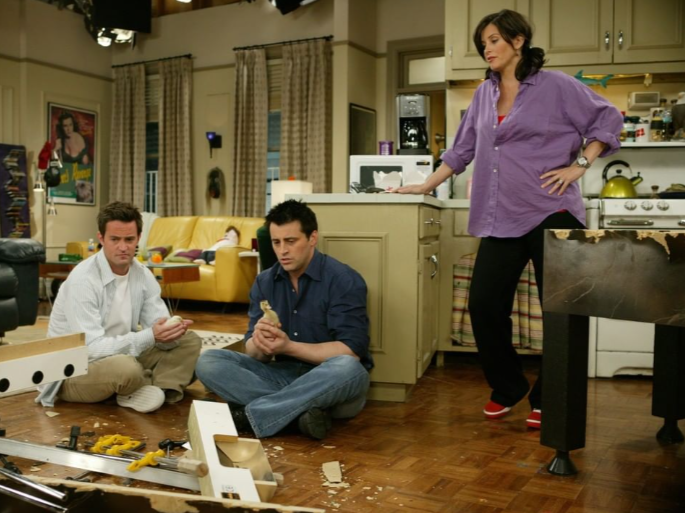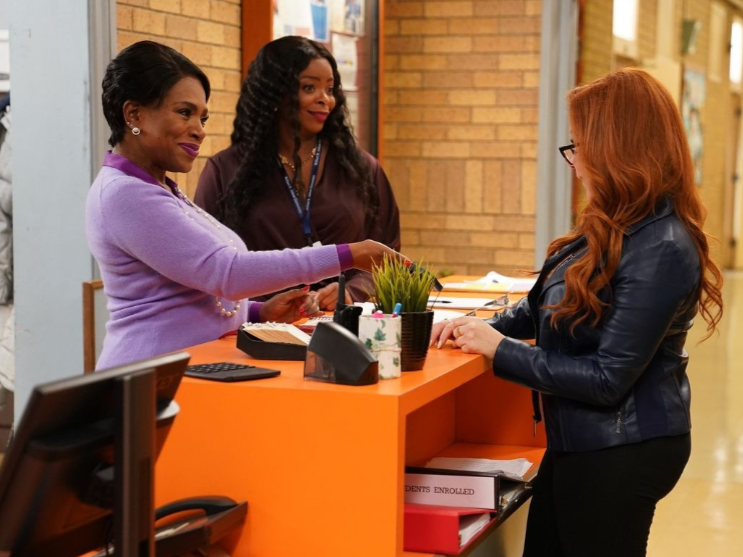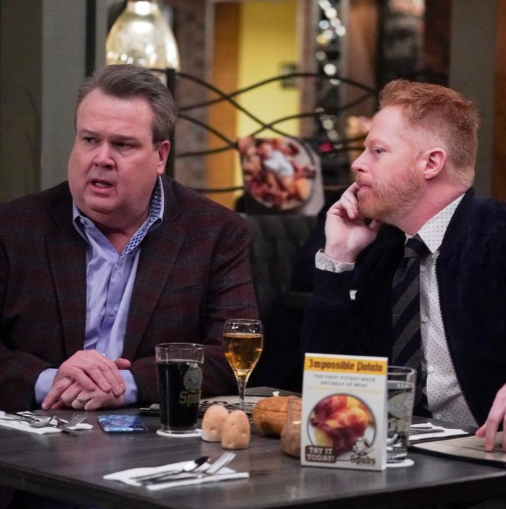If you ask most people for their favourite sitcom, they’ll name Friends, Seinfeld, The Office, or How I Met Your Mother if they’re hoping to start a heated debate. Basically, shows that are either wrapped up years ago or have been running for a long time. Modern Family and Brooklyn Nine-Nine being more recent exceptions. As a quick experiment, I asked a group of people to name their favourite sitcom that came out in the last five years and nobody had any recommendations for me – not even a show they had watched a few episodes of.
Sitcoms once had an undeniable cultural impact – a grip that audiences couldn’t shake themselves out of. Well, that doesn’t seem to be the case any longer. Does that mean the sitcom is dead? It’s a little more complicated than that.
The demise of the sitcom as we know it is not a new debate. In fact, critics and viewers way back in the 1990s were already in mourning. Entertainment Weekly declared ‘The death of the sitcom’ in 1999, naming Friends and Everybody Loves Raymond as exceptions. So it’s clear that we’ve already lived through one resurrection, possibly more.
Contemporary audiences also associate older sitcoms with a certain nostalgia that new ones cannot possibly provide. Many people turn to them when they want to return to something familiar and feel comforted. Research shows that we like predictability and certainty, which makes revisiting old shows a relaxing experience. They reinstate our feelings of self-control, because we already know how it ends. Sitcoms seem to be the top choice for many re-watchers – they’re fun, easy and stress-free.
The truth is, sitcoms are far from over – they’re just revamping, as they have always been doing. Simple tropes gave way to more complex conversations. Laugh tracks were ditched for mockumentaries. The changes were inevitable, as they are with any genre. In fact, Friends, what we consider a classic today, broke away from the sitcom mould when it first released. Today we think of it as a show with comparatively one-dimensional, stereotypical characters. But back in the 1990s, very few sitcoms like Seinfeld had ever portrayed a friend group in this manner. Shows like The Fresh Prince of Bel-Air and Full House were more family-centric.

Then, as audiences evolved, Friends and The Office received criticism for creating humour at the expense of marginalised communities and for not having a more diverse cast. Sitcoms that came out later in the 2000s, like Modern Family, fixed this problem significantly. Brooklyn Nine-Nine took several contemporary challenges head-on and portrayed them on screen. It just goes to show that like other genres of television, the sitcom has undergone massive changes over the years.
Not to forget the crucial factor at play where older sitcoms have found new audiences through streaming platforms. These newer mediums of consuming ‘TV’ shows don’t often dabble in making new sitcoms of their own. Instead, they have attempted to capitalise on the popularity of existing shows, which proves beneficial for them. As a result of this, classic sitcoms have continued to maintain their audience.
However, that does not mean that sitcoms from the late 2000s and 2010s did not make waves. Community, The Good Place and New Girl are just some examples of the relevance of the genre even today. More recently, Abbott Elementary has been sweeping up awards and winning viewers over with its unique premise and refreshing characters. Such shows took sitcoms beyond the home, coffee shop or bar, changing the genre and making it more complex.

The sitcom just happens to be one of those genres where ‘classics’ will always be irreplaceable. Fans seek comfort in episodes they already know by heart, jokes they have laughed along to many times over. It’s safe to say that sitcoms from the 90s and early 2000s still have one more generation of viewers in them. But alongside their timeless appeal, audiences are finding a way to give new themes and formats a chance.




